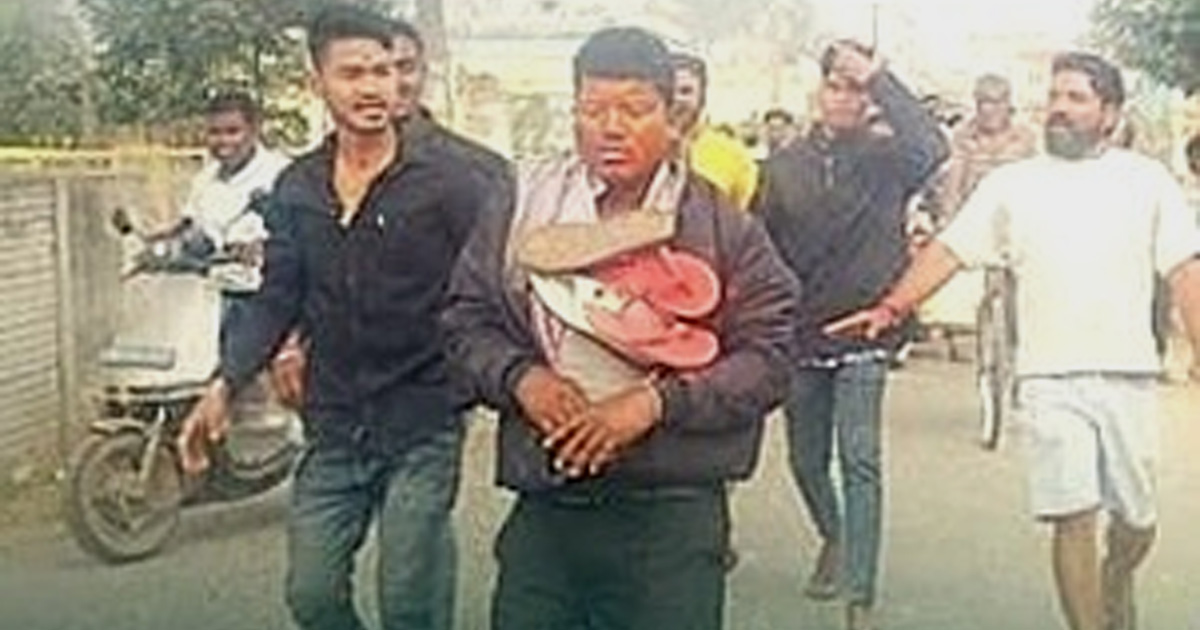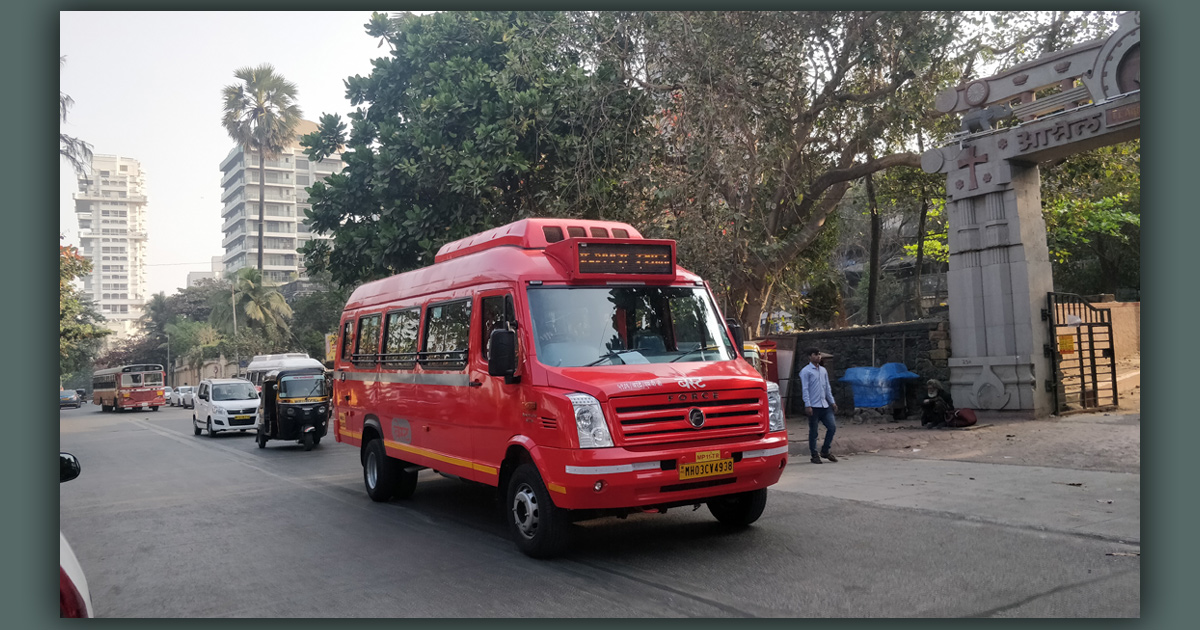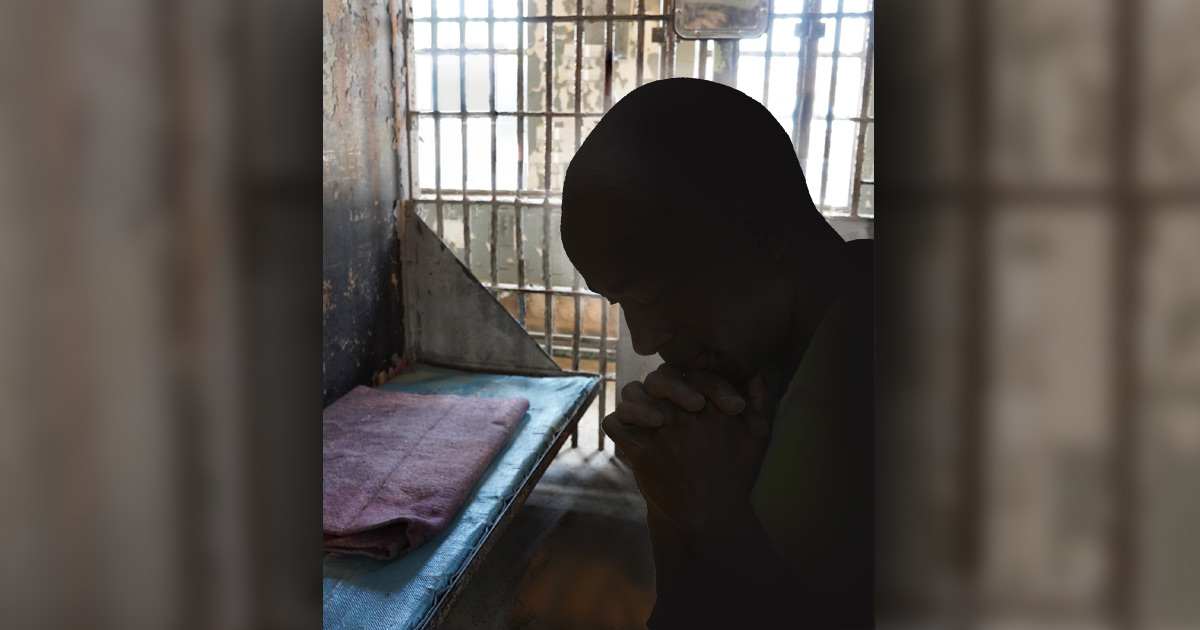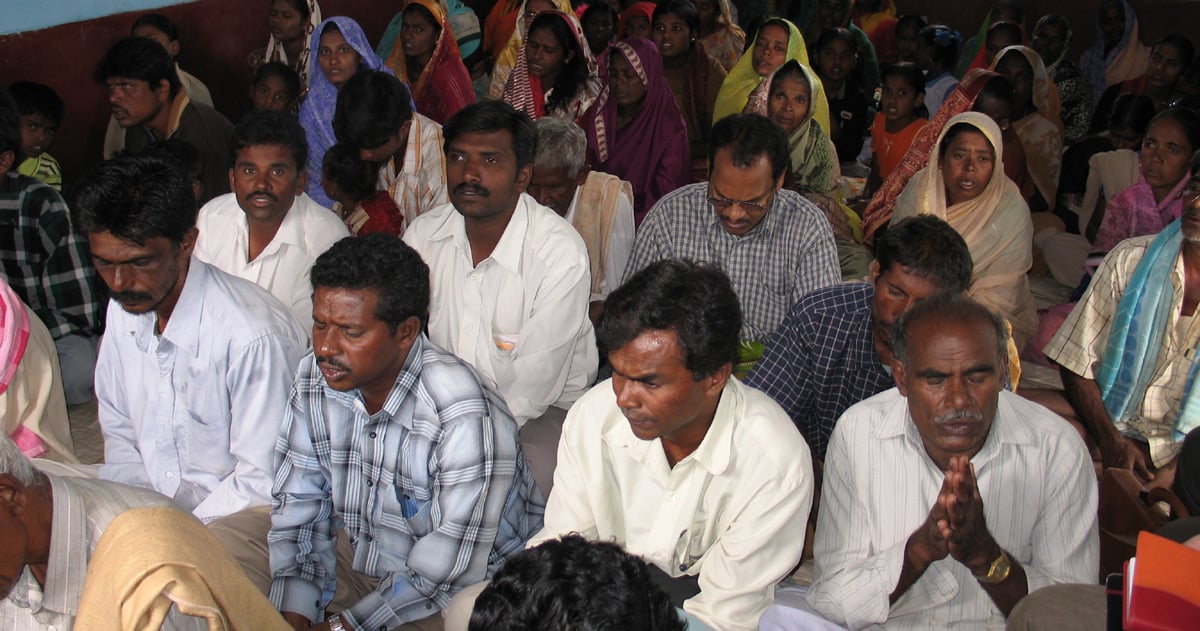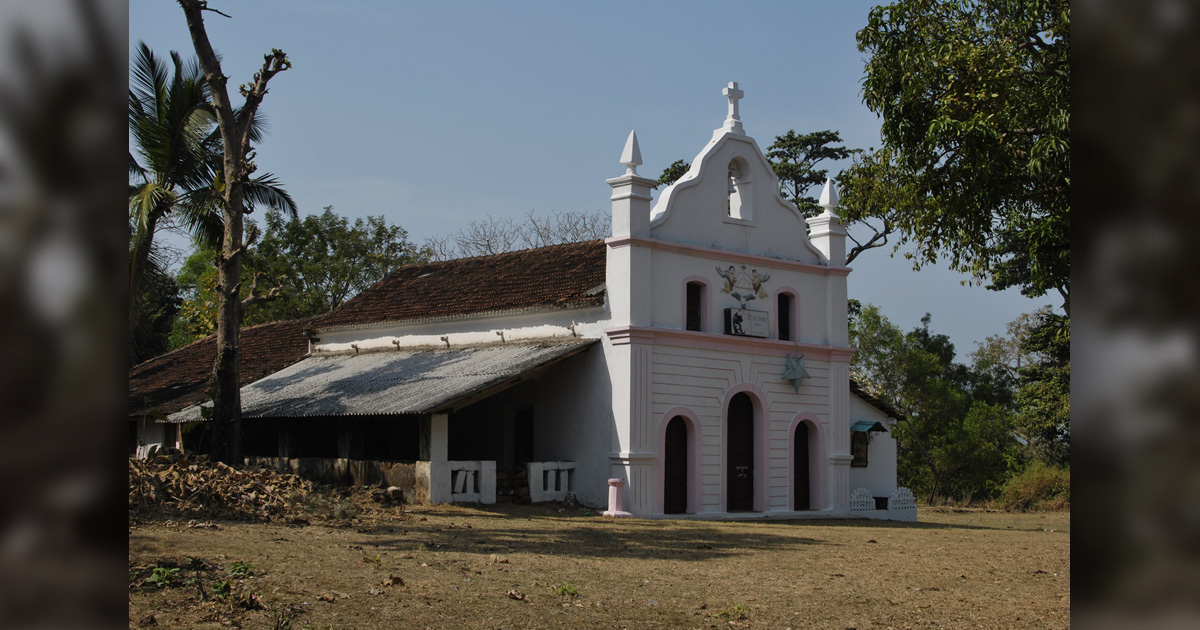
In the state elections held in Karnataka on May 10th, the secular Indian National Congress party won a majority of seats over the former ruling Bharatiya Janata Party (BJP). Moving quickly on election promises to reverse the "unconstitutional decisions" that were previously made, the newly elected government plans to introduce legislation that will repeal the state's "Protection of Right to Freedom of Religion Act," widely referred to as the anti-conversion law. The new bill will be introduced in the upcoming assembly session, beginning on July 3rd. The new government also plans to reverse the previous changes made to school textbooks that had promoted aggressive Hindu nationalist (Hindutva) ideologies.
Members of the BJP have condemned the planned legislation. One opposing politician accused the new government of having an "anti-Hindu agenda" through which the alleged "conversion mafia" intend to wipe out Hindus. On the other hand, Christian groups in the state have responded with relief. A representative of the Syro-Malabar Church announced in a press release that the decision "deserves appreciation by all those who stand for democracy and human rights." Catholic Archbishop Peter Machado of Bangalore expressed "deep gratitude and satisfaction," stating that Christians in Karnataka wished to "continue to serve all people, regardless of caste and creed, especially the poor and marginalized."
Karnataka is one of nine Indian states to have anti-conversion laws. These laws, which claim to prevent coercive religious conversions, have been consistently abused by those who oppose any religion other than Hinduism. For more details on the ways in which our Christian brothers and sisters in India have been affected by this legislation, go to our country report.
Praise God for this small yet essential step towards religious freedom in Karnataka. Pray that the legislation will pass quickly, and that this decision would also provide an incentive for other states to take into consideration the numerous cases in which their anti-conversion laws have been terribly abused. In the process, may Christians throughout the country consistently demonstrate their commitment to extend love and grace to all people, thus proving that such restrictive legislation is unnecessary.

 Population
Population